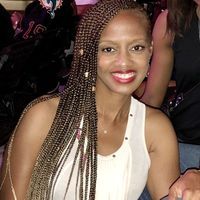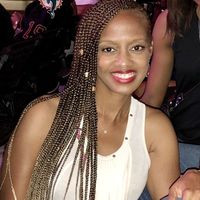A Devastating Choice: Deciding Between a Lumpectomy or Mastectomy
When Kai McGee was diagnosed with stage II breast cancer six years ago, she was forced to choose between saving her breasts and risking a possible cancer occurrence in her healthy breast in the future. Now, she's grappling with the after-effects of that choice during a pandemic and a summer of racial reckoning.
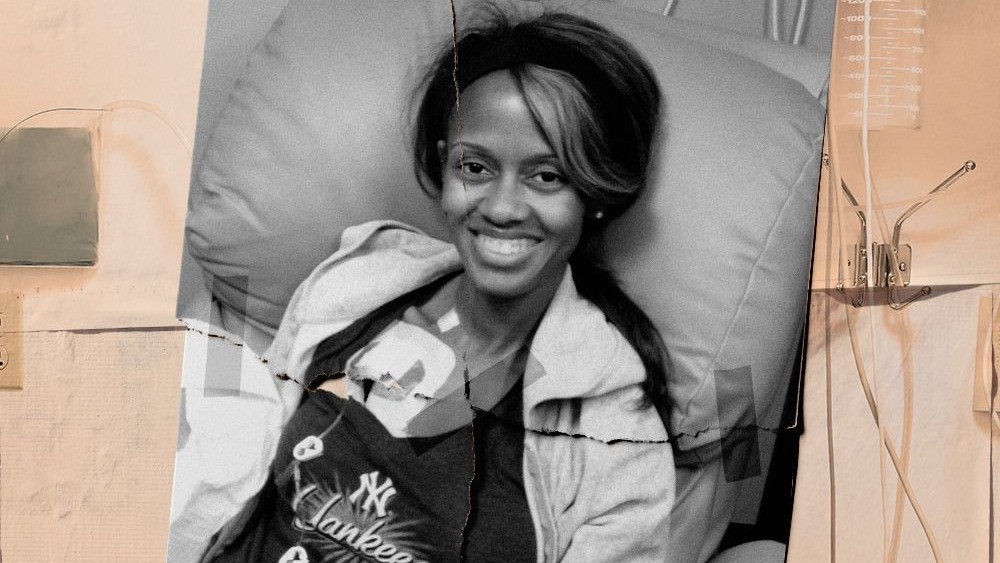
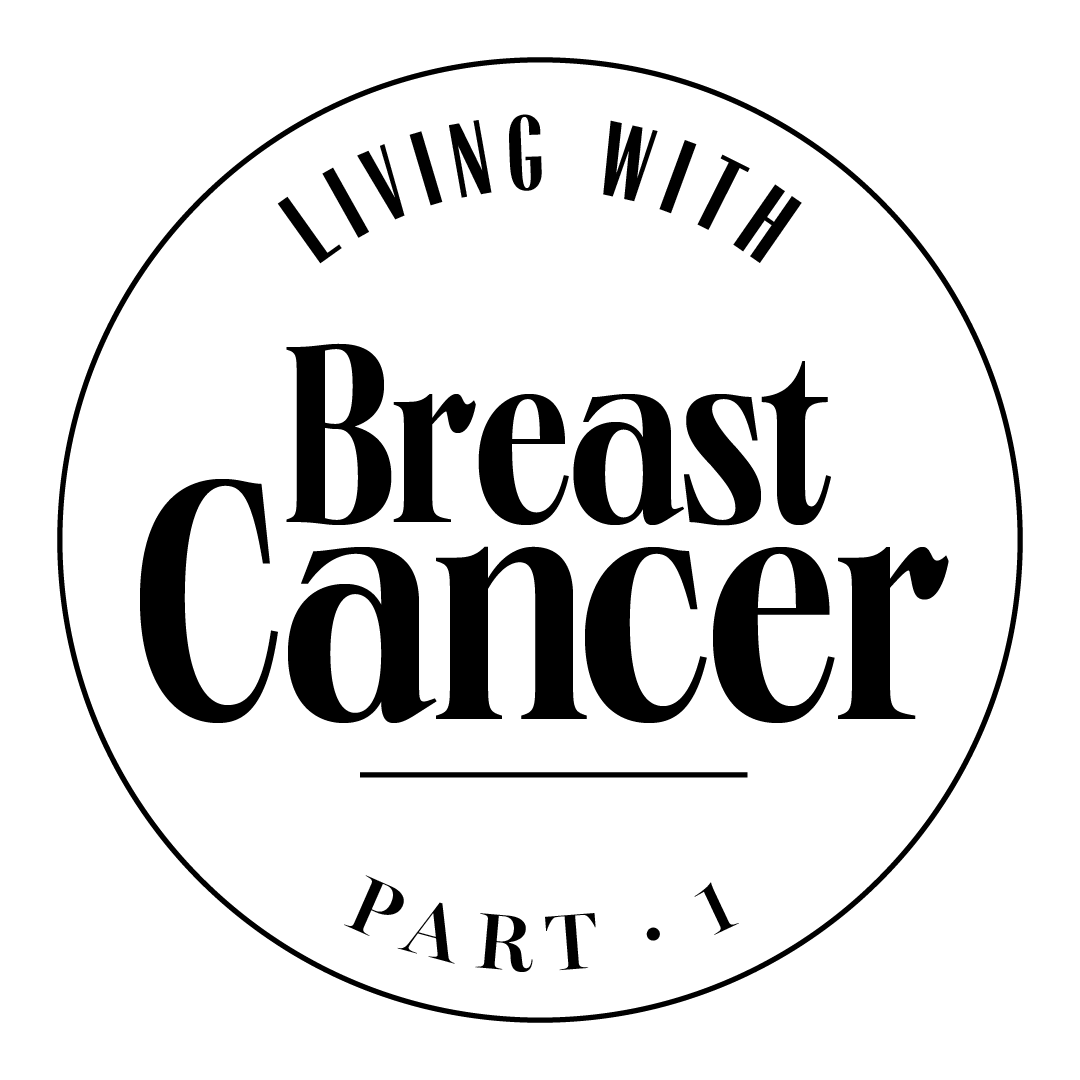
Around one in eight American women will be diagnosed with breast cancer in their lifetime, and each is so much more than a statistic. Every Monday during Breast Cancer Awareness Month, we'll be chronicling the journey of one Black mother and survivor as she navigates the uncertainty of breast cancer in these uncertain times.
I unexpectedly felt a lump in my left breast while getting dressed for a busy day of work. It was a Monday morning, and I was staying in a posh New York City hotel overlooking Central Park. I had just started my new position as director of legal affairs for an international sports organization and was commuting weekly from my home in Houston. The lump was large and frighteningly palpable; when I rubbed that area of my flesh with body cream, it made its presence known. Every time I showered, when my hand brushed the area, the fear of the unknown sent chills through my body. Even still, I didn’t worry that it could be serious—breast cancer happened to other people, and I had no family history. I became a self-proclaimed internet doctor and diagnosed myself with a benign breast fibroid. No need to rush to a medical professional. After all, my career was demanding and this super mom to a precocious 8-year-old boy had no time to be sidelined.
A nagging inner discord led me to eventually have the lump examined. My general practitioner ordered a mammogram with ultrasound as part of the testing. I was shocked to hear the mass did not appear on the mammogram; apparently, I have dense breasts. The ultrasound was less forgiving—it presented the radiologist with an image that lead to a breast biopsy. The biopsy revealed that the tumor was a stage II malignancy. So, six years ago, June 27, 2014, the day I received the results, this journey began.
The diagnosis turned out to be the easy part. The real trauma surfaced once I realized the magnitude of the decisions I had to face; once I accepted the fate I’d been given and began to grasp that the word cancer would always be a part of my reality.
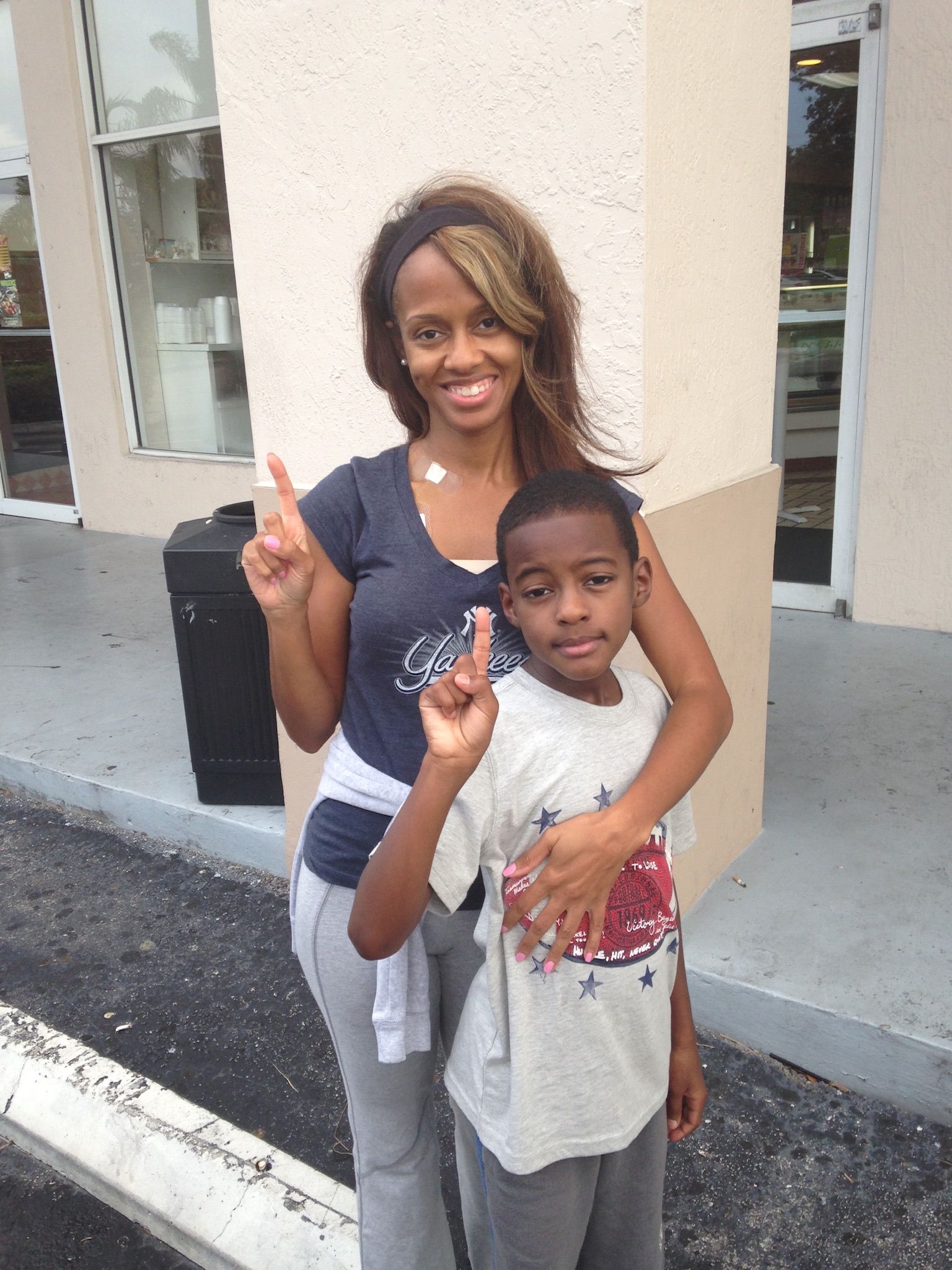
The author with her son in July 2014 on the morning of her first treatment.
My oncologist advised that I was a great candidate for a lumpectomy because the cancer had not spread to vital organs, only one tumor was detected, and I never had radiation therapy. According to The National Breast Cancer Foundation, a lumpectomy usually removes the least amount of breast tissue. A breast surgeon removes the cancer and a small portion or margin of the surrounding tissue, but not the breast itself. Even though the lumpectomy is the least invasive breast cancer surgery, it can still be very effective and further surgery may not be needed.
My treatment plan began with grueling chemotherapy combined with a targeted therapy for my hormone positive breast cancer. I had a complete response to the chemo, meaning the tumor was undetectable after treatment. During a lumpectomy, the breast surgeon would only need to remove a small portion of surrounding tissue and test those cells to make sure no cancer was detected.
The chemo was a medical success, but it destroyed my body and soul. It left me emaciated, I suffered from chemo brain, total hair loss, and extreme neuropathy. I was grateful that the tumor disintegrated, but my spirit was weary. I didn’t recognize myself and I was emotionally fatigued. Probably not the best time to decide which breast surgery to have.
Get exclusive access to fashion and beauty trends, hot-off-the-press celebrity news, and more.
My options were to go with the lumpectomy recommendation or a double mastectomy, which would remove both breasts. I spoke with women who opted for the mastectomy. I web surfed and read books on both procedures. The one resounding sentiment from the women who chose a mastectomy was that they didn’t want the possibility of the breast cancer returning. I felt their passion and understood their decision. I also spoke with women who chose to have a lumpectomy. They were equally as passionate about their decision and hopes to remain cancer free. At the time, it didn’t occur to me to ask the women who opted for a lumpectomy if they questioned keeping their breasts, and they never shared any regrets.
After careful consideration and leaning on my faith, I opted to undergo the lumpectomy. I wasn’t in the mental space to make the decision to assault my physical body any more than necessary. I couldn’t imagine removing my breasts, my nipples, my womanhood. Yes, my breasts were the very thing that betrayed me but I couldn’t bear any more physical pain.
Every year as my annual June breast exam approaches, I question my decision to “save my tatas.” Each year as I prepare to have my breasts squeezed, pressed, and crushed between the cold, sterile mammogram machine, my anxiety increases. As I brace myself to lay on the ultrasound table in a dark, solemn room and feel the almost-warm gel stick to my bare flesh, waiting in deafening silence as the technician scans and prods every corner of my chest and digs into my armpits looking for signs of cells that have conspired against me, I feel traumatized all over again.
This year that trauma resurfaced times ten. The radiologist recommended a stereotactic breast biopsy after the mammography image revealed suspicious calcifications in my “good breast.” My heart sank and the fear was all-consuming. I wondered if my mandatory face mask was waterproof as I squeezed back the tears that were begging to fall.
Thankfully, the cells tested were benign. The radiologist explained that I have atypical ductal hyperplasia, which is considered one step before cancer, and said I should consult my oncologist and schedule a visit with my breast surgeon. Me and my soggy mask headed home to prepare once again to open space in my tired-of-being-tested heart for a new normal.
The breast surgeon who performed my lumpectomy six years ago has since retired, so my oncologist recommended a new one. I was anxious when she entered the room, but her bedside manner was warm and reassuring. The options she presented me with are 1) to test fate and continue with my annual routine, hoping that the cells don’t become malignant, 2) a partial mastectomy of the breast or 3) a double mastectomy. Given my history, I ruled out testing fate immediately.
I am fully aware that no matter what I decide this journey is a choice I will carry with me for the rest of my days. If I look back and second guess not having a mastectomy, then I’m going to be stuck in an unrelenting abyss of “what ifs.” Given the chance to go back to 2014 and choose again, I’d stick with my initial decision. I was longing for a flicker of peace, and that is what the lumpectomy offered me at that time, in the emotional space I was in.
Yes, I’m nervous. Yes, I’m scared. But I won’t let the fear of recurrence rob me of today’s happiness and the belief in a positive outcome. I’m six years cancer free this October—that is a reason to smile and to be mindful of my many blessings. Choosing which surgery is best for me means I’m still alive and for that I’m grateful.
Kai McGee is a writer who frequently explores parenting, her journey through breast cancer, social-justice and self-care. She is currently working on her memoir. Connect with her via Instagram @onanaturalkai
